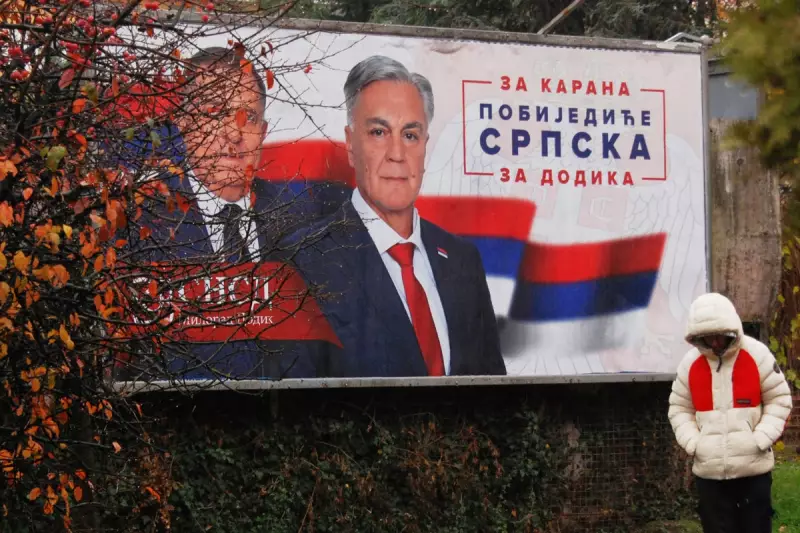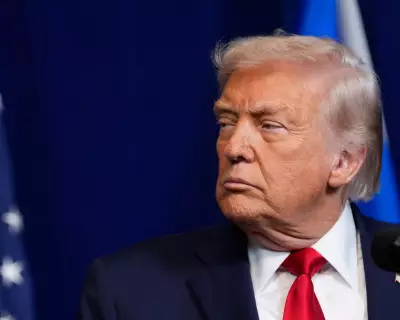
Bosnian Serbs Head to the Polls in Pivotal Presidential Vote
Citizens in the Serb-administered part of Bosnia, known as Republika Srpska, participated in a significant snap election on Sunday to select a new president. This vote was triggered by the dramatic removal of the former pro-Russian leader, Milorad Dodik, whose separatist agenda had heightened tensions within the ethnically divided Balkan state.
The Fall of Milorad Dodik
The political landscape shifted in August when a Bosnian court found Dodik guilty of defying the directives of the international High Representative for Bosnia. The court sentenced him to one year in prison and barred him from public office. To avoid incarceration, Dodik paid a fine and relinquished the presidency, though he retained leadership of his Party of Independent Social Democrats.
The Presidential Contenders
Sunday's ballot presented a clear choice for the 1.2 million eligible Bosnian Serb voters. The main contenders were Sinisa Karan, who enjoys the backing of the ousted Dodik, and Branko Blanusa, a university professor representing the opposition Serb Democratic Party. While four other candidates were on the ballot, they were not considered strong challengers.
Upon casting his vote in Banja Luka, Blanusa remarked that the campaign had been conducted in a fair and tolerant spirit. He expressed hope for a peaceful election day and urged a high voter turnout.
Bosnia's Complex Political Structure
The nation's intricate political framework was established three decades ago by the U.S.-brokered Dayton Peace Agreement, which ended a brutal ethnic war from 1992-1995 that claimed over 100,000 lives. Bosnia is divided into two entities: Republika Srpska, run by Serbs, and a federation jointly governed by Bosniaks (primarily Muslim) and Croats, with a central administration linking them.
The conflict erupted after Bosnia sought independence from Yugoslavia, prompting the country's Serbs to launch an armed campaign to create their own territory with the aim of joining neighbouring Serbia. Dodik has long championed the eventual separation of Republika Srpska from Bosnia, which he has frequently labelled as unviable.
International Repercussions and Ongoing Influence
Dodik's policies had previously resulted in sanctions from the United States and Britain. However, the U.S. lifted these sanctions last month following his agreement to step down. He has also repeatedly clashed with the international peace envoy, Christian Schmidt, declaring his decisions illegal within Republika Srpska.
Despite his official removal, Dodik remained a potent force, actively campaigning for his preferred candidate, Sinisa Karan. He assured voters, "I will remain with you to fight for our political goals," stating that a victory for Karan would also be his own.





